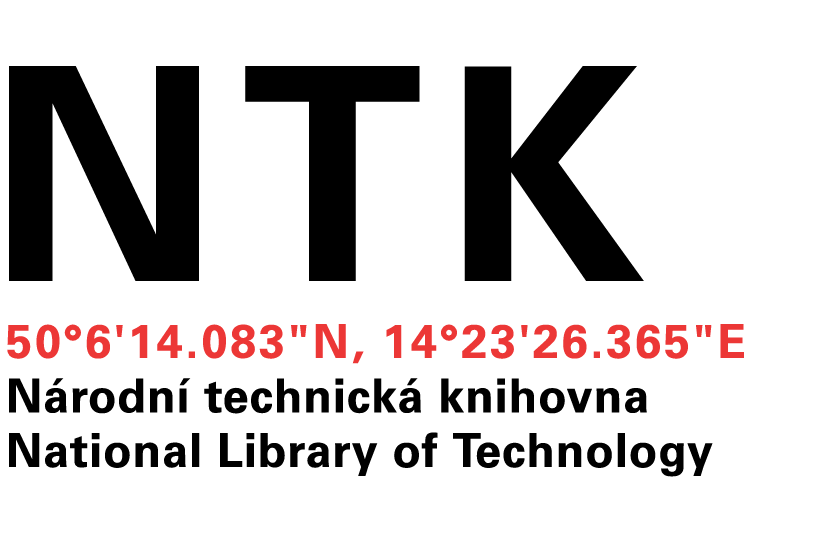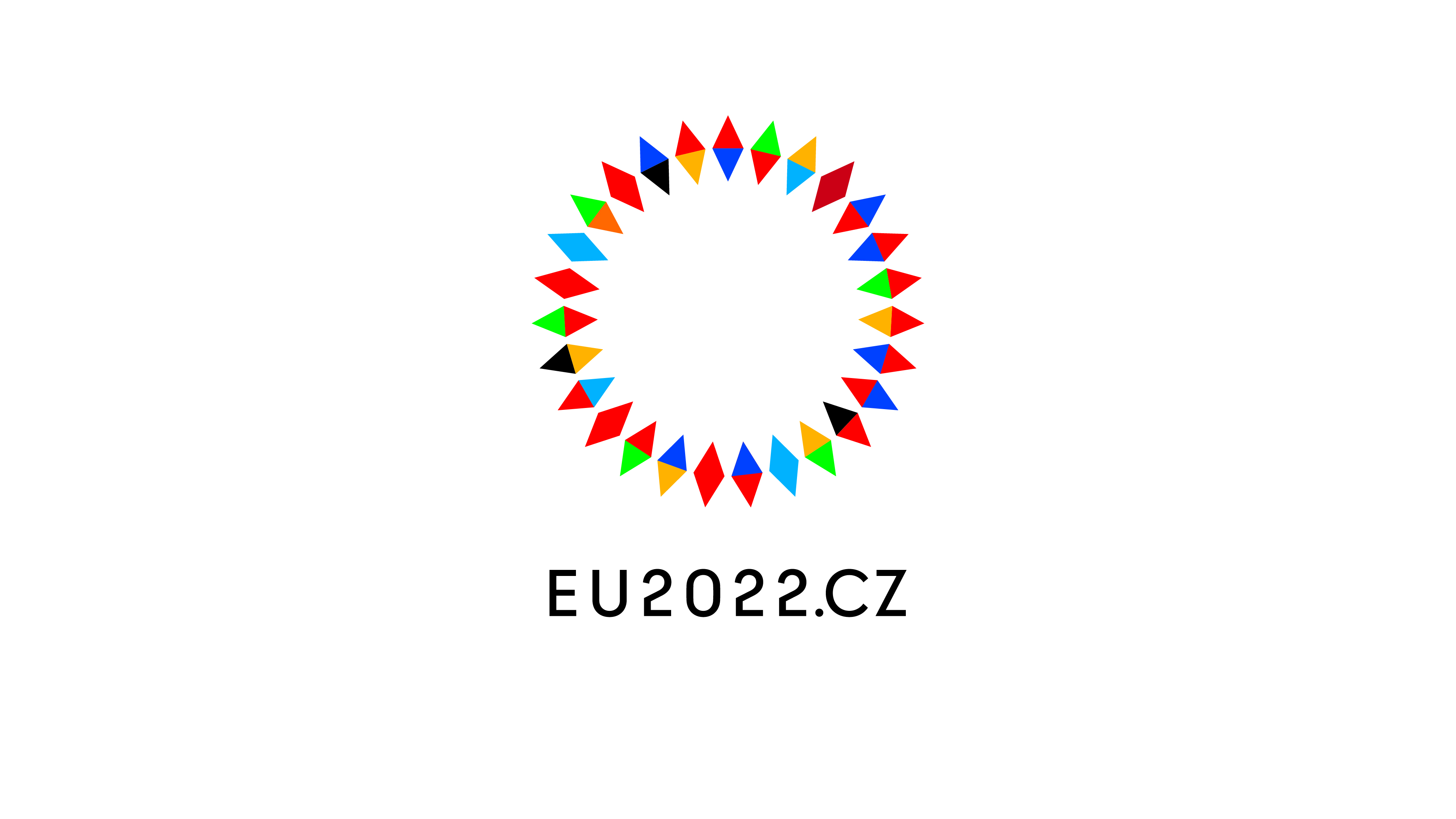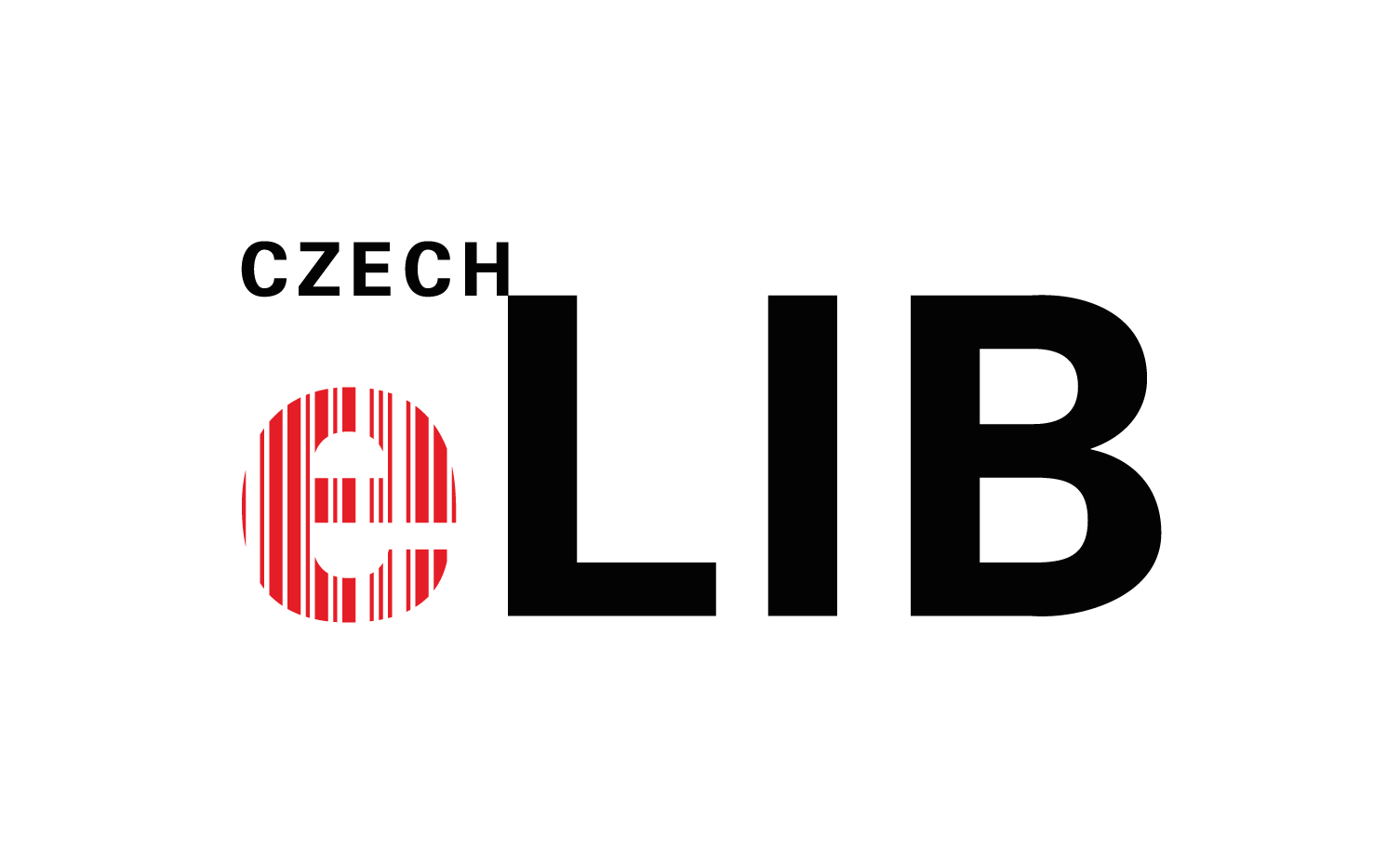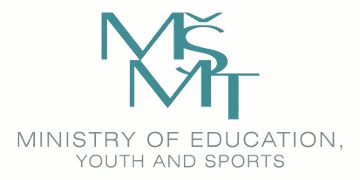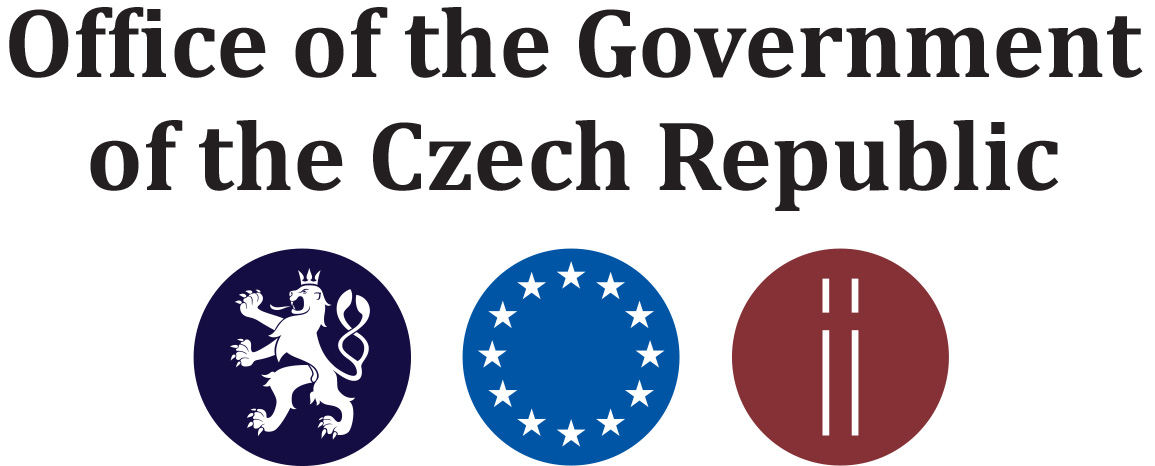Early-Career Researchers as ‘Drivers of Innovation in Society’
PhD training has traditionally prepared early-career researchers for an academic career, but what is the actual purpose of research training nowadays? And how can we better prepare early-career researchers for various career paths beyond academia? The number of doctoral candidates in Europe has increased in the last decades and this has completely changed the career perspectives of PhD holders. One of the challenges of early-career researchers is the current situation where job opportunities in academia are limited and at the same time there is a growing need to transfer their knowledge and skills to non-academic sectors.
Most early-career researchers will probably move beyond academia for both research and non-research careers, for example to work in public and private institutions or to set up their own enterprises. Despite the promotion of Open Science practices, academia continues to value and focus much more on publications in high impact factor journals. Moreover, social engagement, interdisciplinary & intersectoral mobility or collaboration with industry and society are not valued when it comes to academic advancement and securing grants. So, are doctoral candidates adequately prepared for that transition? Many of them struggle to identify the relevant skills for their individual development, and poor supervision and a lack of transferable skills training in many doctoral programmes result in a failure to acquire the necessary training and experience.
The doctoral school as an organisation unit can play an important role in the University structure by providing support to doctoral candidates and their supervisors for their professional development. The doctoral school can ensure that the same high quality research and transferable skills training is delivered to all doctoral candidates across all disciplines. At the institutional level they can work on strategies to make the research environment, working conditions and careers more attractive for early-career researchers and prepare them for their role as ‘drivers of innovation in society’. This should be one of the priorities for governments, universities, and research institutions. At the same time, doctoral schools can support doctoral candidates with Open Science training and practices as well as boost international and cross-sectoral cooperation.
About KRECon
The annual Knowledge, Research, Education Conferences, KRECon for short, have been held in the National Library of Technology since 2010. The intention is to bring together international and national experts, and other relevant actors in the Higher Education and R&D&I sector and provide them with a platform for discussion on new, not yet settled topics (at least in the Czech Republic) and possibly open provocation questions. This year's conference is dedicated to one of the priorities of the Ministry of Education, Youth and Sports in the Czech Republic which is to improve the efficiency and quality of doctoral training.
Within three sessions and linked panel discussions we would like to discuss:
- Session 1: Effective Doctoral Schools
- Session 2: Research Careers in and beyond Academia
- Session 3: Good Practices for Doctoral Training
- Panel Discussion: The Future of Doctoral Training
Intended audience
- All professional and support staff whose main activity is directly related to doctoral education.
- Academics, senior research staff and early-career researchers (doctoral candidates, postdocs, junior researchers, …).
- Higher education and research institution management (rectors, vice-rectors for research, deans, directors / vice-directors of research institutes/doctoral schools, …)
- Governmental policy makers responsible for Higher Education and R&D&I.
- Non-governmental organisations involved in data gathering, career tracking, consulting ect.
Details
The language of the conference will be English.
The KRECon 2022 conference and workshops are free of charge.
Conference Board
Gareth O’Neill (Principal Consultant on Open Science at Technopolis Group), Ireland/Netherlands; David Bogle (Pro-Vice-Provost of Doctoral School at UCL), United Kingdom; Conor O'Carroll (Independent Consultant on Research and HE policy and funding, SciPol), Ireland; Iryna Degtyarova (Policy Expert at Polish Rectors Foundation/Eurodoc Advisory Board Member), Ukraine/Poland; Eva Dibuszová (Head of Department for Strategy and Development at National Library of Technology), Czech Republic; Eva Hnátková (Open Science Coordinator at National Library of Technology/UCT Prague), Czech Republic; Melita Kovacevic (Vice-Chair of PRIDE Network), Croatia; Martin Svoboda (Director of National Library of Technology), Czech Republic.
The KRECon 2022 Conference is organized by the National Library of Technology (NTK) and is part of the accompanying events of the Czech presidency of the Council of the EU.
The KRECon 2022 Conference is held under the auspices of the Ministry of Education, Youth and Sports (MEYS, MŠMT in czech) and the Office of the Government of the Czech Republic.

